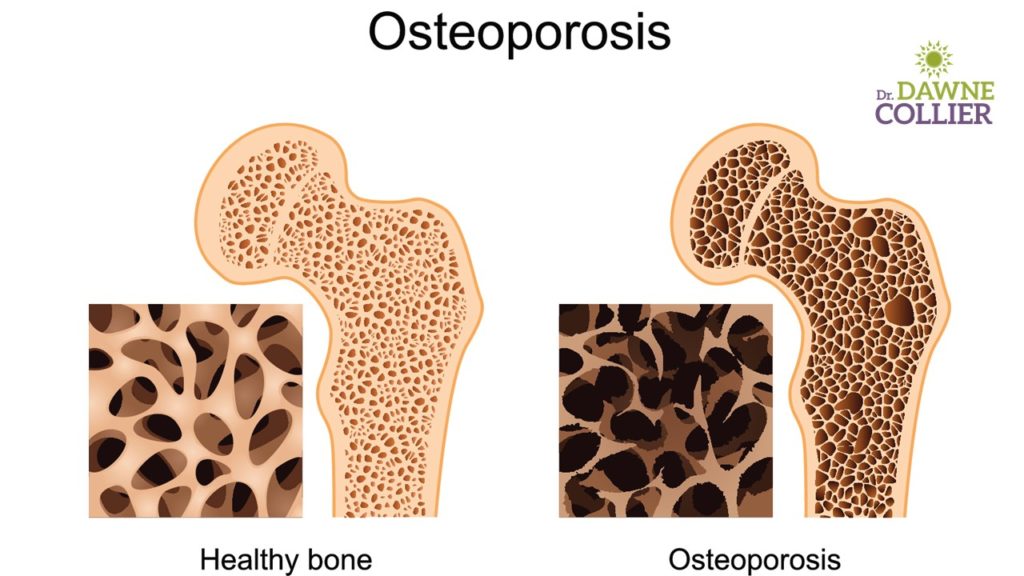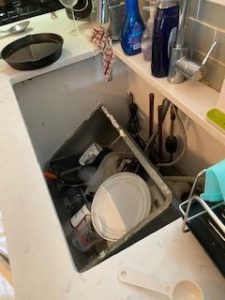Greetings my Clever Girl Life Crew! It’s Dr. Dawne, Chicago’s own Board-certified Ob/Gyn. My mission is to empower women of all ages with pertinent medical knowledge and proactive reproductive health info that will optimize your physical AND mental health. As you know, I regularly do Facebook live on various topics; at my last one a got a question about perimenopause. I’ve decided this is a great topic to blog about so here goes. Let’s discuss 7 key things to know about perimenopause, and what to do during perimenopause. My goal is to demystify this transitional period for you!
Perimenopause is a period, usually starting around age 45 and lasting to about age 55, where your body transitions into menopause. Menopause is simply the absence of a menstrual cycle for 12 consecutive months. During perimenopause, there are changes in your hormone levels, specifically estrogen, which causes changes in your menstrual cycle, and changes in your body.
1 Often these changes in hormone levels can affect your emotions, causing mood swings, irritability, or even symptoms of depression. If you are bothered by these things, don’t just sit and stew, go in and talk to your doctor. There are remedies we can suggest to try to help, including exercising regularly, using stress-control methods, and getting more sleep. Antidepressants can help even out moods and lessen the severity of hot flashes, which we’ll discuss more later. Sometimes, just knowing what’s wrong can bring relief.

2 Menstrual changes occur during perimenopause, because your ovaries make less of the hormone estrogen during this time. High levels of estrogen trigger a hormone that causes ovulation; estrogen also thickens the uterine lining to prepare for a pregnancy. As a result, during perimenopause, you may or may not ovulate every month, and your menstrual cycle changes. The number of days between periods may increase or decrease, your periods may become shorter or longer, and your menstrual bleeding may get heavier or lighter. You may even skip periods. Birth control pills are quite helpful in regulating your menstrual cycle.

3 Typically, when my ladies are in perimenopause, if they come in to see me, it’s because of hot flashes. Hot flashes are sudden feelings of heat that rush to your upper body and face; you may also break out in a sweat. A hot flash may last from a few seconds to several minutes. They may occur a few times a month or several times a day, and can occur any time, day or night. When they occur during sleep, they’re called night sweats. They may wake you up and leave you tired and sluggish the next day. The good news is, there are some definite steps you can take to improve hot flashes. You can avoid triggers, such as hot foods such as coffee, spicy foods and or alcoholic drinks. You can dress in layers (which you’re probably already doing if you live in Chicago, brrr!), set temps low on the thermostat, and exercise regularly. Black Cohosh, an OTC herb that can also improve mild hot flashes
4 Sleep disturbances can be common during perimenopause. They may include insomnia (trouble falling asleep), waking up long before your usual time, or night sweats that disrupt your sleep. In perimenopause, you may get less rapid eye movement (REM) sleep, which occurs when dreaming. Without REM sleep, you will not feel rested. These abnormal sleep patterns can also lead to more mood changes (grouchiness), trouble concentrating and/or even depression. To help with sleep disturbances, you can try going to bed and waking up at the same time daily (weekends too!). Avoiding late night meals/snacks, late night alcohol (alcohol makes you drowsy, but can affect your REM pattern), and caffeine up to 6 hours before bedtime, also tends to help. Finally, try having regular exercise, not less than 3 hours before bedtime.
5 During perimenopause, you may notice vaginal or urinary changes. This is again due to decreased levels of estrogen in your body. The vaginal lining gets thinner, dryer, and less elastic. This can lead some women to have more vaginal burning and itching. It may also take longer for your vagina to become moist during sex. And speaking of sex, during perimenopause, you may notice a decreased desire for sexual intercourse, or notice that sexual arousal takes longer. Some women may not feel a desire to have sex until they begin to engage in sexual activity; they then become aroused, and the enjoyment is the same. If any of these things occur, no worries! You can spend more time on foreplay and try new sexual positions. Water-based lubricants can also help.

6 It’s also good to keep in mind that subtle skeletal changes are occurring during this time. Bones are usually broken down and reformed throughout one’s lifetime. Before the age of 30, it is formed faster than it is broken down. After 30, the process begins to reverse, and bone is broken down faster than it is made. This process is heightened after menopause, where the decreased estrogen levels can possibly lead to osteoporosis: a condition in which bones become too thin and weak and can result in a break and disability. To help prevent this, focus on getting plenty of calcium and calcium rich foods, vitamin D, and weight-bearing exercise.
7 Most importantly, remember to talk with your partner about these changes. People are often a bit more understanding once you communicate what you are going though. And if you want, can show them this blog to get the conversation started!!
Perimenopause is a normal part of life; knowing what to expect will help you experience it much easier. Communication with your partner, and if needed your physician, can make the process go smoother.
For more information, and blogs like this, visit my website at DrDawneobgyn.com and follow me on FB, IG and Twitter at DrDawneObGyn.
And Remember, Know More, Be Better!
Dr. Dawne Collier-Dupart is a board-certified obstetrician gynecologist, women’s health educator, 2X best-selling author, and speaker. Dr. Dawne resides in Chicago with her husband, Olufemi Dupart and puppy Apollo Creed. For further information about how to overcome body shaming, read her new book “The Clever Girl Life: A Teen Guide to Positive Body Image, Self-Confidence, and Life Happiness’, you can find it here.



